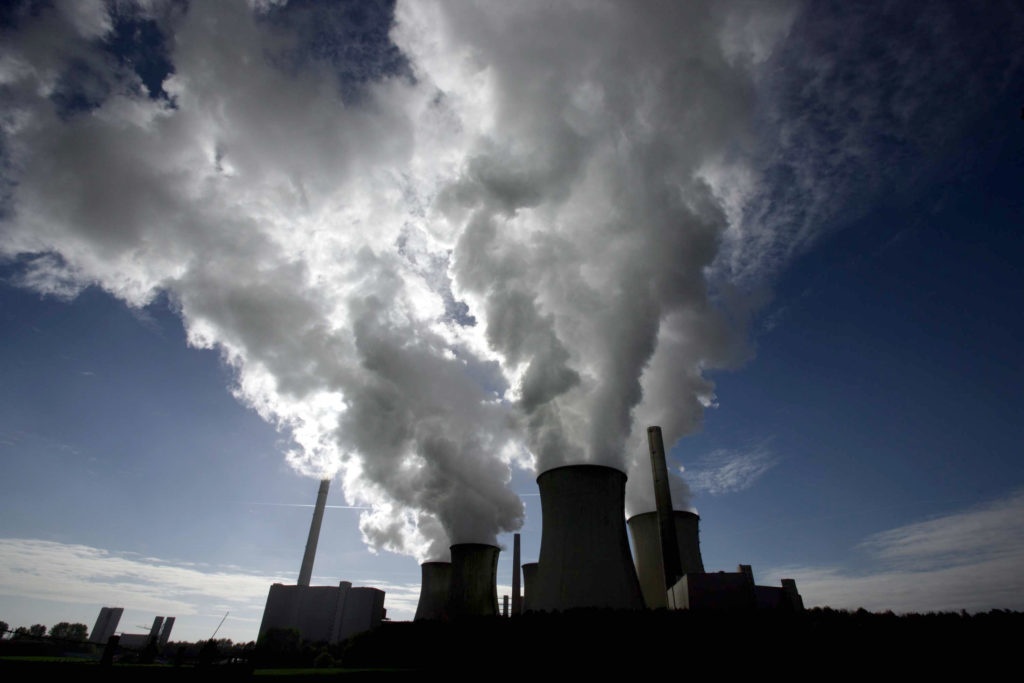
The voting age should be lowered to 16 to give young people a voice on their future in the face of environmental breakdown, a think tank has urged.
Today’s youngsters and future generations are facing a “toxic inheritance” of environmental crises caused by climate change, the loss of wildlife and damage to the oceans and soils, a report from IPPR warned.
Without urgent action by the current generation of political leaders, future generations will not just be economically worse off than their parents, they will face huge challenges from environmental damage and its impact on society.
The report is calling for votes at 16, as is already the case for Holyrood and local elections in Scotland, to give a voice to those who will face the consequences of what older generations are doing to the world and give them a say on their future.
It also calls for a “Future Generations Act” which would provide a formal legal recognition of the right of future generations to live in a world with a stable environment, and make sure policy-making takes that into account.
And it wants to see greater value given to environmental projects which have long-term benefits for future generations in the process of making public investment decisions.
The report comes ahead of global climate strikes on Friday, when children and students across the UK are set to walk out of lessons and lectures to call for urgent action from politicians to tackle the climate and wildlife crises.
In the UK, one of the demands of the climate strikers is to lower the voting age to 16, in recognition they have the greatest stake in the future.
Luke Murphy, Head of IPPR’s Environmental Justice Commission, said: “Current and future generations face a toxic inheritance as a consequence of environmental breakdown.
“Political leaders and policymakers must recognise the duty they owe to the next and future generations.
“Crucially, they must act to protect them by giving legal recognition to their rights and by giving them a voice in our political system.”
The report warns that younger and future generations will have to experience impacts on the environment which are partly the result of greenhouse gas emissions caused by older generations and “decisions taken by elites in these generations, most of whom
have only a small chance of being alive by 2050”.
In order to limit environmental breakdown younger generations will have to use far smaller quantities of resources over their lifetimes than older generations.
They will have to build sustainable economic models and cope with issues such as food prices pushed up by extreme weather hitting production and the emotional toll of dealing with rapid change and damage to society.
Recommended for you
